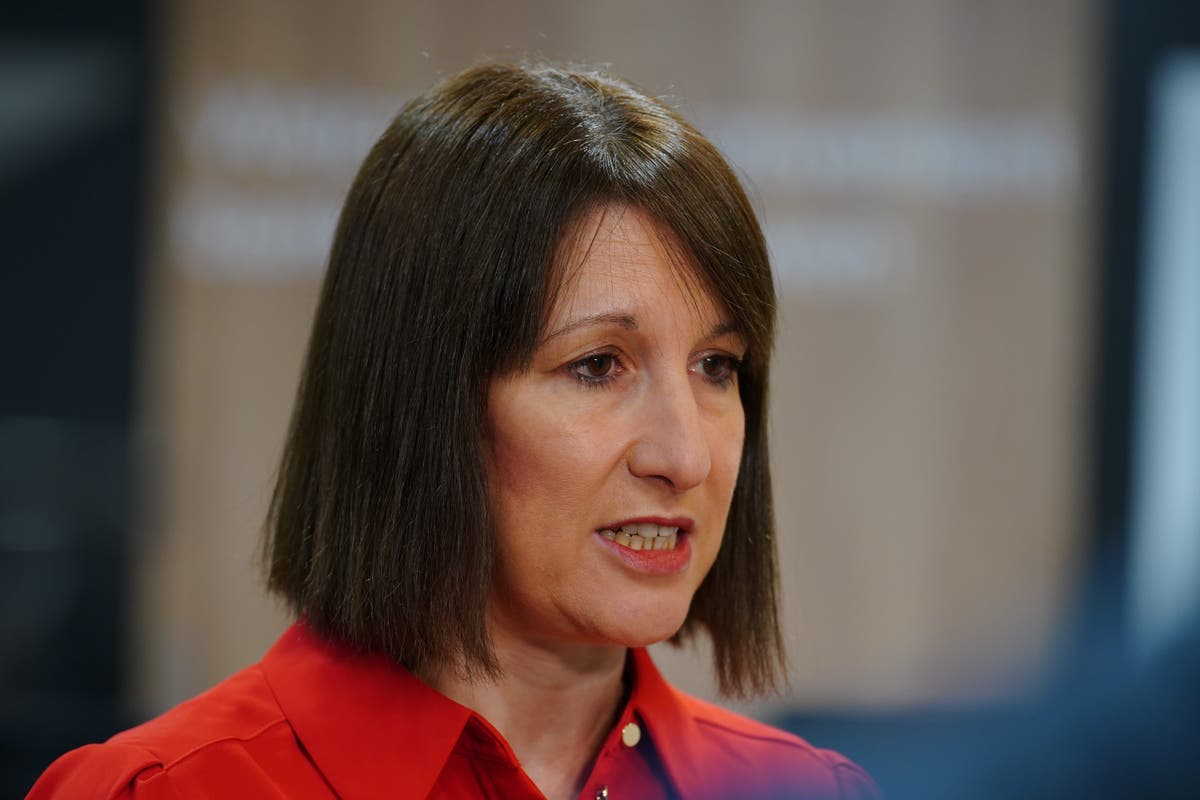Britain’s biggest union demands a four-day week

- by Admin
- June 21, 2024

One of Labour’s biggest backers has called on the next government to enshrine the right to a four-day work week “for all” after members backed the idea.
Unison, which represents public service workers including NHS staff and police, said delegates voted through a motion to “demand the next government takes action to ensure more employers adopt this new way of working”.
“Trade unions fought for an eight-hour day in the 19th century and a two-day weekend in the 20th. In the 21st, it is time to take the next step and win a four-day week with fair pay for all,” it added.
The motion will put pressure on Labour to consider legislating for a four-day week if, as polls suggest, it wins power in the election. Unison has donated over £8m to Labour since 2019 and is one of its biggest financial backers.
Unison’s calls for a four-day week are likely to cause alarm in some quarters. The union, which has more than 1.3m members, represents workers in many crucial public service jobs, including the NHS, police services, schools and local government.
Julian Jessop, an economics fellow at the Institute of Economic Affairs, has said: “There are some services where a four-day working week is not a realistic option.
“Doctors are already struggling to provide enough GP appointments – how can they see 25pc more patients in a day?”
Unison represents staff at South Cambridgeshire District Council, the first British council to introduce a four-day week with no loss of pay. The government has been monitoring the authority since the policy was introduced last year amid concerns it is failing taxpayers.
Christina McAnea, Unison’s general secretary, said the shift to a shorter working week was “inevitable” because of the rise in artificial intelligence, which is expected to reduce workloads. A spokesman did not comment on whether Unison staff would be moving to a shorter week.
Ms McAnea said: “What’s needed is a rethink on how workplaces are organised, as well as progressive policies that future-proof people’s livelihoods and protect their wellbeing.
“The pandemic proved that people could do their jobs from home and still be efficient. A four-day working week is the next big step.”
The Public and Commercial Services (PCS) union, the biggest union representing public sector workers, has also asked for a “significant shortening” of hours with no change to salaries.
Over 3,000 people working for 61 businesses tested out a shorter week with no loss of pay in 2022 as part of a nationwide pilot scheme aimed at transforming working life in Britain.
Researchers concluded that businesses on the trial generated 1.4pc more revenue at the end of the six-month pilot than they did at the start, while sick days dropped by 65pc. Only three businesses opted to scrap the scheme at the end of the pilot.
The boss of British challenger bank Atom this year said he has no regrets about switching to a four-day week, claiming that his business has improved on every metric since making the change.
Campaigners last year called on MPs to enshrine the right to a four-day week in law after hailing the results of the UK pilot as a “major breakthrough”.
Other countries have also been testing out the idea. Emmanuel Macron last month had to postpone a labour summit to discuss the idea because too many participants were on holiday.
A poll of 1,000 adults commissioned by the 4 Day Week Campaign found broad support for a four-day working week. 67pc of Tory voters supported the idea, 69pc of Labour voters and 74pc of Liberal Democrat voters.
A growing number of companies have been weighing up this way of working in recent months to attract more staff, with the billionaire Issa brothers trialling a four-day week at Asda earlier this year in an effort to stamp out a revolt among disgruntled store managers.
Read the latest updates below.
The Latest News
-
December 23, 2024Christmas shopping from a more civilised age! As Britain is gripped by festive getaway chaos and a looming recession, how the country used to get its last-minute purchases done in style
-
December 23, 2024On board with the pilots doing one of Britain’s toughest jobs
-
December 23, 2024Christmas Travel LIVE: Traffic chaos on motorways while flights cancelled
-
December 23, 2024UK economy stagnates as GDP figures revised down
-
December 23, 2024Donald Trump taps ‘Apprentice’ producer as special envoy to UK





